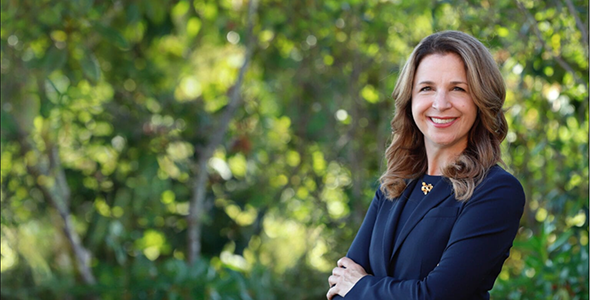||| FROM EMMA HELVERSON for WILD FISH CONSERVANCY |||
Washington State is once again raising the bar for governments and companies around the world when it comes to protecting aquatic ecosystems from the impacts of salmon aquaculture. In a press release this morning, Commissioner of Public Lands Hilary Franz announced the Department of Natural Resources (DNR) has formally signed a new partnership agreement with Nova Scotia-based Sustainable Blue to explore opportunities for bringing the company’s proven Zero-Discharge Recirculating Aquaculture System (ZRAS) to Washington state as an alternative to open water net pens.
The letter of intent describes DNR’s interest in exploring sustainable models of ‘alternative aquaculture’ defined in the agreement in part as “aquaculture practices which do not discharge to an aquatic environment.” Through the agreement, DNR and Sustainable Blue commit to exploring possible locations for such a future facility on upland sites managed by the state with the goal of eventually negotiating a lease.
“Commissioner Franz has not only taken bold action to protect the environment by banning commercial open water net pen aquaculture, but through this new commitment to zero-discharge, land-based aquaculture systems she is advancing a market-based solution that will add-value and jobs to our local economy without compromising our wild salmon and the health of Puget Sound,” says Emma Helverson, Executive Director of Wild Fish Conservancy. “We applaud Commissioner Franz for her vision and continued leadership that is helping push the global aquaculture industry to invest and transition to the most sustainable and ecologically-safe alternatives that exist.”
The growing scientific record and public awareness of environmental harm caused by open water marine net pen aquaculture is driving a global transition to land-based alternatives. While land-based facilities can reduce some of this harm, recirculating or flow-through systems that draw and discharge substantial amounts of water from the environment pose many of the same pollution, parasite, and pathogen risks to wild salmon and their ecosystems as open water net pens. These facilities also introduce new risks associated with water intake, such as bycatch or entrainment of aquatic organisms.
In contrast, the ZRAS technology developed by Sustainable Blue re-uses 100% of its water and has zero discharge of waste material or effluent into local waterways or communities. The technology filters out all waste which is converted into a biogas to generate energy using an anaerobic digester. This technology, already in operation and sending fish to market in Canada, eliminates all major risks associated with conventional aquaculture practices to wild salmon and aquatic ecosystems.
“Over the last year, we have seen various risky proposals from corporations targeting governments in the Pacific Northwest for massive land-based facilities seeking to draw and discharge millions of gallons of marine waters every day, while relying on new technologies for treating pathogens and waste that have never been tested or proven,” says Helverson. “The global transition away from net pens and toward land-based alternatives is just beginning and it’s imperative that governments are setting the highest standards possible for this next phase of the industry. Through this new agreement, Commissioner Franz is sending a strong message that salmon aquaculture does not have to come at the expense of the public’s natural resources.”
The partnership comes on the heels of Commissioner Franz’s widely celebrated November announcement denying Cooke Aquaculture’s request for new net pen leases and issuing a new executive order prohibiting commercial marine net pen aquaculture in state-managed marine waters. DNR recently confirmed Cooke has removed all remaining farmed fish from their Puget Sound net pens and work to permanently remove the company’s facilities is currently underway. This marks the first time in 40 years this industry has ceased to operate in Washington public waters, finally allowing these heavily polluted and degraded sites the opportunity to naturally restore as part of the largest passive restoration project in Washington’s history.
Wild Fish Conservancy is a conservation ecology organization based in Washington state and dedicated to conservation, protection, and restoration of the Northwest’s wild fish and the ecosystems they depend on. wildfishconservancy.org
**If you are reading theOrcasonian for free, thank your fellow islanders. If you would like to support theOrcasonian CLICK HERE to set your modestly-priced, voluntary subscription. Otherwise, no worries; we’re happy to share with you.**








No more net pens !
The land-based aquaculture that is isolated from the marine waters is the way to go!
Thank-you, Commissioner Franz!